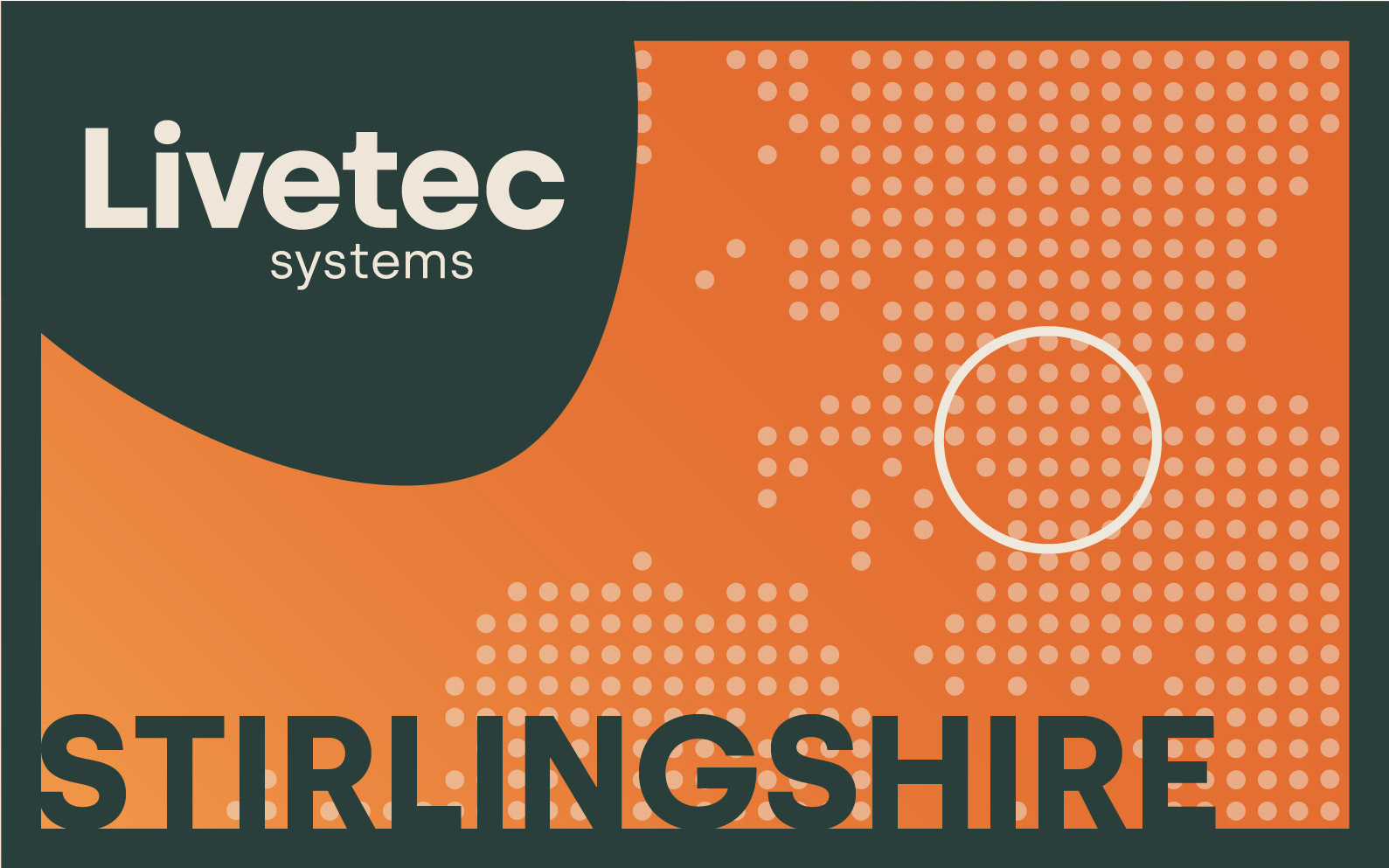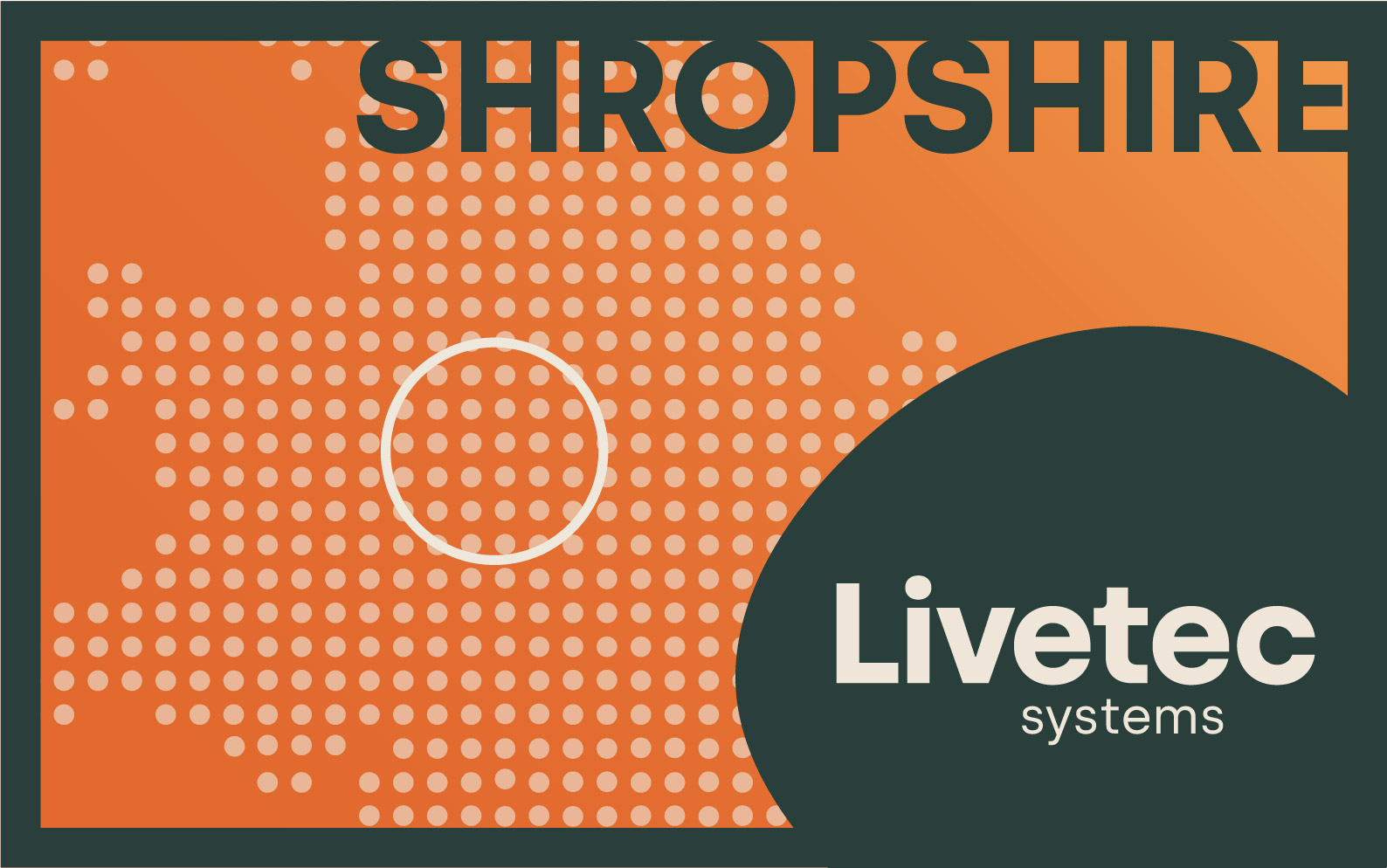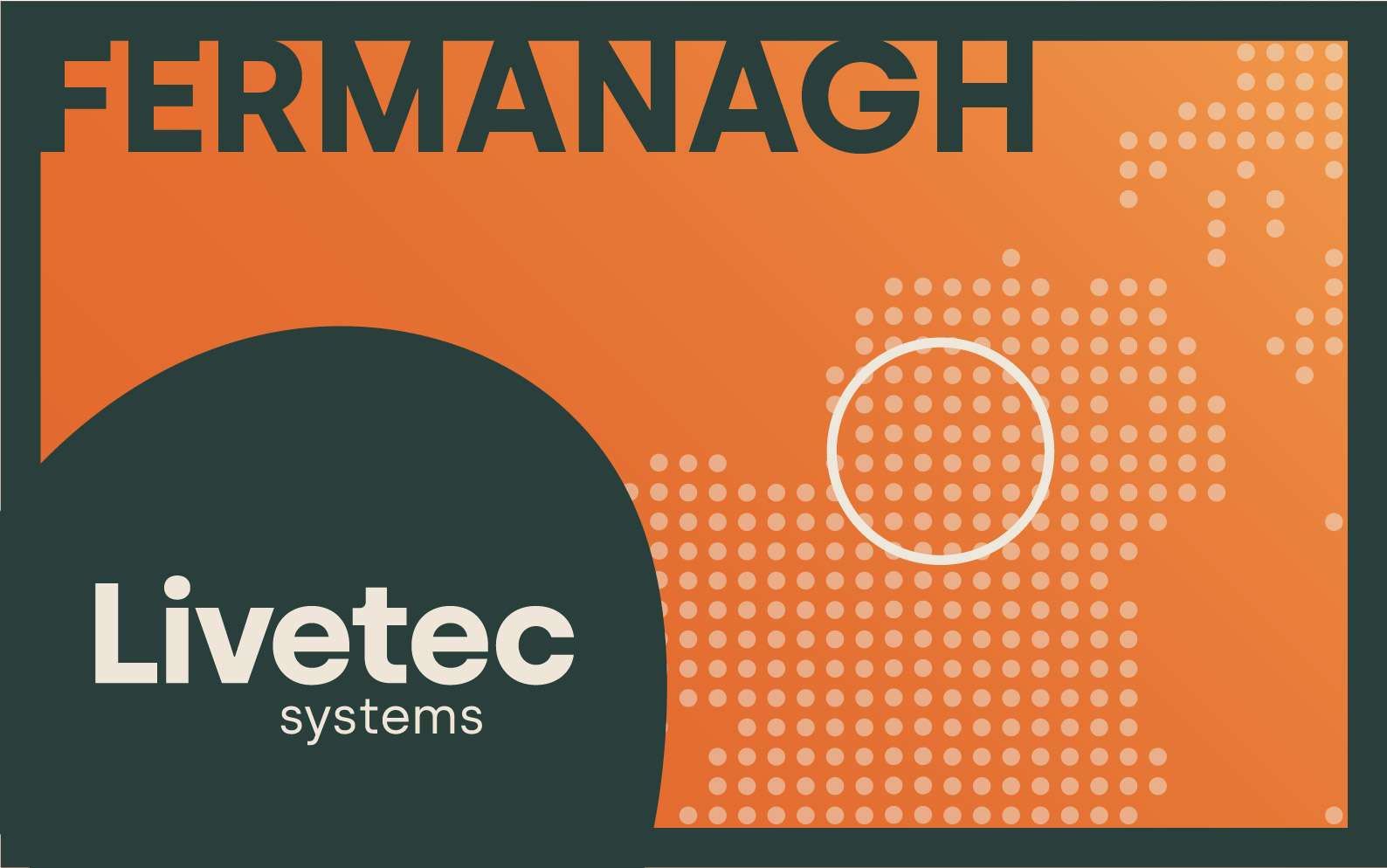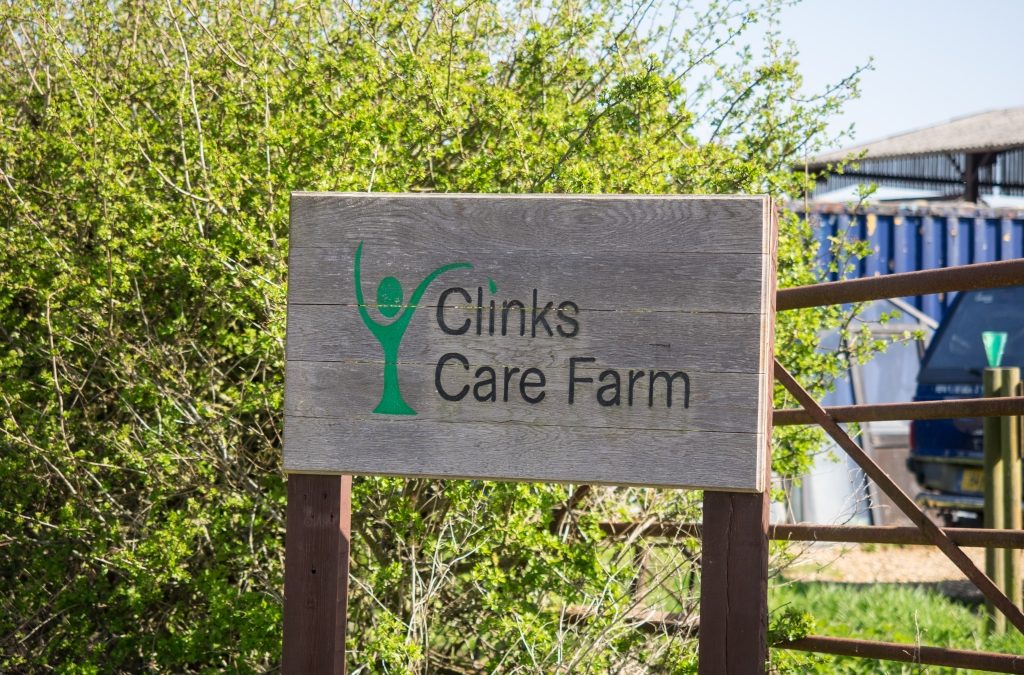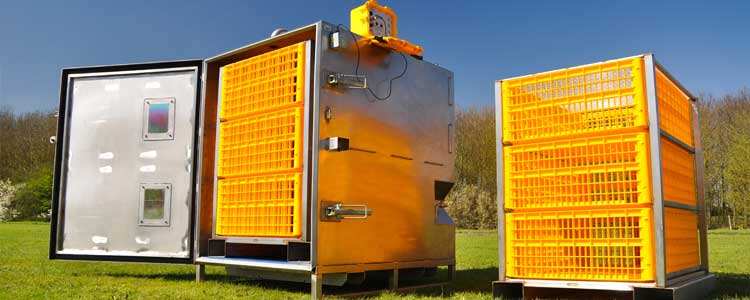Poultry keepers across the UK, whether they are backyard or commercial, have been required to house their birds since Monday 29th November 2021.
No bird owner has been exempt from the measures, with the order extending to every type of bird, from laying hens to broiler chickens.
On the 21st of March 2022, the 16 week derogation period from the free range marketing regulations expired, as the housing requirement under the Avian Influenza Prevention Zone Order was not lifted.
The order not being lifted means that birds will need to be housed for the coming weeks, largely due to the high numbers of wild birds still being affected by avian influenza in the environment.
Currently, it is expected that the housing order will not be lifted before the end of April subject to a veterinary risk assessment. However, with the days getting longer and warmer, it is a good time to look at your range and your biosecurity measures to prepare for your birds to be released.
What is the housing order?
The housing order, which was agreed upon by Chief Veterinary officers across the UK, poses a legal requirement for all bird keepers across the UK to keep their birds indoors, ensuring that they are kept away from any wild birds and kept away from any risks of contamination.
The order also came with advice for every bird owner including commercial keepers and bird owners to adhere to strict biosecurity measures and to take extra precautions to protect their flock and where applicable, their livelihood.
No bird owner has been made exempt from the measures, with the order extending to every type of bird, from laying chickens to broiler turkeys.
Why did the housing order come in?
By the time the housing order was put into practice, there had already been a significant increase in the numbers of outbreaks of bird flu across the UK. The measures applied are intended to act as a preventative course to limit and stop the spread of avian influenza, most commonly known as bird flu.
The measures followed a national prevention zone, which was introduced across Great Britain on the 3rd November 2021, which was also put in place to stop and limit the spread.
To put the scale of this bird flu outbreak into perspective, as of the 23rd February there were 97 cases reported across the UK – a 646% increase on the 13 cases for the 2016-17 season.
Retrospectively, despite the housing order and national prevention zone being implemented, these measures may not have been enough on their own – reinforcing the need for heightened on-farm biosecurity protocols and measures.
How to prepare for the lifting of the housing order
The preliminary date of the has not been confirmed and could be postponed, should the outbreak continue to develop.
At Livetec, we are experts in biosecurity and disease prevention, and so have compiled a list of measures to follow to help farmers manage their risks.
- Continue to prevent contact with any wild birds and livestock.
- Remove any other livestock that has been on site and ensure there is nothing that can attract wild birds to the site, such as water and feed sources.
- Ensure maintenance has been completed and on-site requirements are clear to see and well communicated.
- Perimeter fencing and entrance points must be secured, and the site must be clear of water, with suitable vegetation – as some of the flock may never have been outside.
- Stringent cleansing and disinfection measures must be applied to the entire site prior to release and continually after.
- The range, sheds and anything that comes into contact with the birds, including the boots and gloves of staff must be routinely disinfected.
- Find a list of Defra-approved disinfectants here.
- Any equipment on site must be removed, cleansed and disinfected.
- Where possible, equipment should be removed before the cleansing and disinfection and done separately and should not be shared across sites. Wet areas, subject to private veterinary advice could have shavings, wood-chips, gravel or planings added.
- Strict visitation measures should still be applied.
- A limit on people entering the site should be maintained, tracked and monitored. Everyone entering must follow strict biosecurity measures and follow all on-farm protocols.
- Vermin control measures should continually be maintained.
- Vermin and rodents, like rats and mice, carry disease and can easily spread this to flocks. It is essential that vermin control is followed to ensure your birds do not come into contact with unwelcome contaminants.
- Ensure that pop holes are working.
- It is vital that pop holes or pop doors work, and that the scratch entrance surface material is fully functional to help keep the birds clean.
Don’t leave biosecurity to chance
Despite the housing order coming in on the 29th November 2021, there has still been a significant increase in the amount of cases of avian influenza, which is likely to be down to a lack of biosecurity measures on-farm.
In order to safeguard your flock, you must apply strict biosecurity measures. At Livetec, we are committed to supporting farmers and their animals. We are disease prevention and control experts offering end-to-end support to mitigate the risks of an outbreak.
Livetec’s bespoke biosecurity services offer scalable solutions, for any size or problem. Our services offer the most up-to-date best practice advice and actionable protocols to elevate on-farm measures and enact the strongest possible circle of protection. These services range from farm-level planning to enterprise level services, ensuring we have the right solution to protect your business.
Want to find out more about how you can work with Livetec? Click here to contact the Livetec team today.
Already working with Livetec?
Ask your Livetec contact to get access to our downloadable PDF, filled with the steps that you need to follow in order to safeguard the welfare of your flock.
